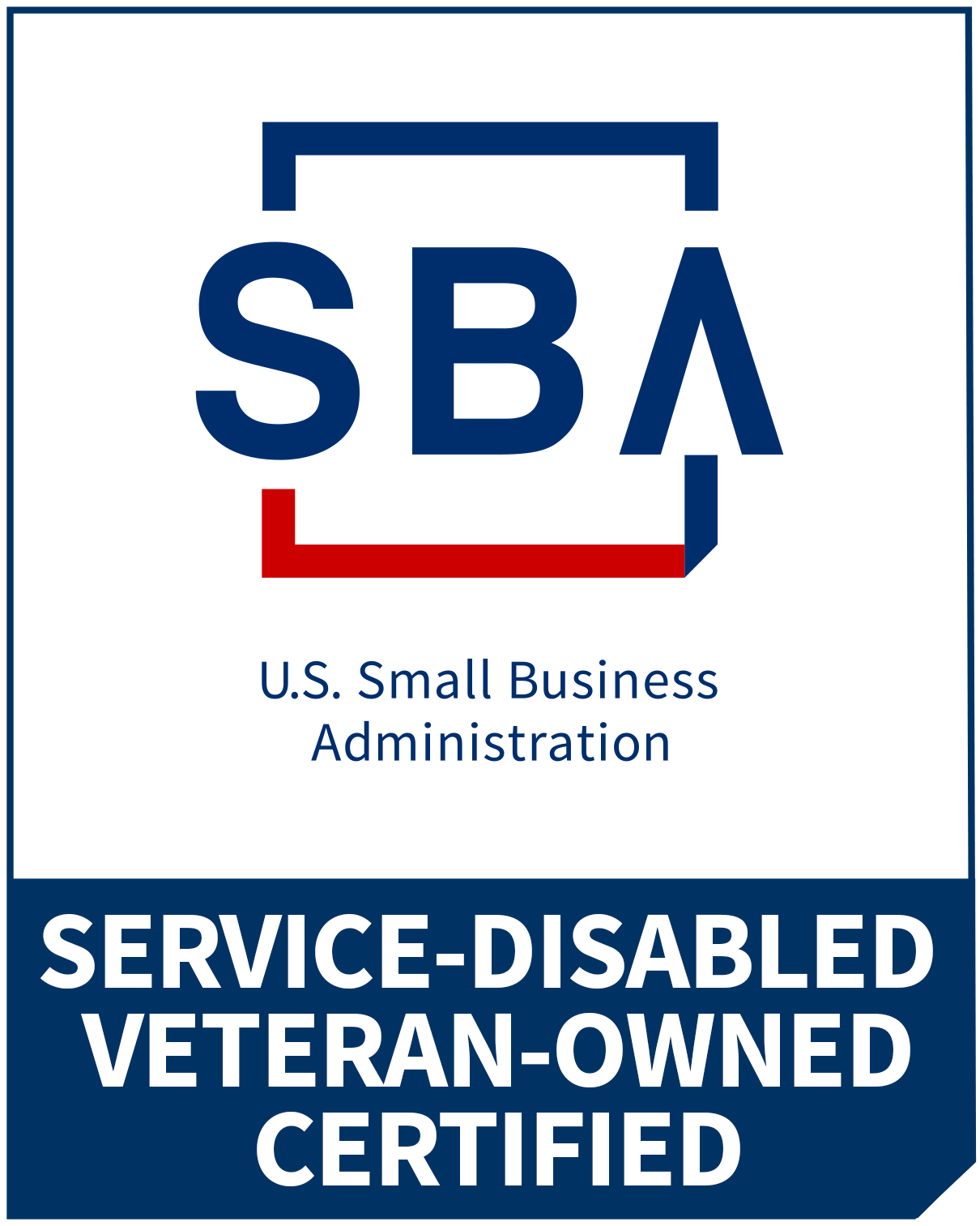A few years back I was at lunch with a mentor and there was something we needed or wanted that we had to ask for. The waiter replied somewhat along the lines of: “Well, we’re not supposed to do that, but I’ll go ahead and do that for you.”
We thanked him, but after he walked away, my mentor turned to me and surprisingly said, “what poor form for him to say that.” When I asked what he meant—after all, I was glad he’d singled us out for special attention—he explained, “so what, now we’re in his debt? Like he’s done us a favor?”
Over the years since, I often go back to that exchange and consider how that situation demonstrated a Customer Experience failure. Let’s presume upfront that the waiter was being honest and forthright that he was indeed making an exception on our behalf.
If that’s the case, it’s a CX failure because, simply, the policy should be changed. If the establishment can withstand (it didn’t shut down the next week or anything) a rogue waiter slipping something by in order to make a Customer happy, perhaps the rule itself should be rescinded. On the other hand, if it’s simply a matter of authority, then that policy should be reviewed. Especially in a face-to-face environment (like a restaurant), having to escalate to get something done is a waste of time and resources, and puts the Customer in an awkward position of having to justify being treated properly. One way or the other, the waiter technically wasn’t supposed to do this, but it was the right thing to do.
It’s also a fail for the waiter. While he did do what we needed as the Customers, voicing it the way he did was inappropriate. Not only did my fellow diner get the impression that perhaps, somehow, we’re indebted to the waiter, it almost takes on the tone of a conspiracy. If the waiter is now breaking some sort of rule, we’re implicated too! What if it wasn’t the sort of thing that was important enough for us to cause such a fuss after all? What if the waiter were to get fired for having overstepped his authority and we’ll now feel in some way partially responsible for (or at least complicit in) that fate? To my mentor’s point: Leave me out of it!
Furthermore, the waiter also demonstrates a lack of trust in his organization. Perhaps that lack of trust is warranted (maybe it’s truly a dumb rule that staff has complained about over and over and sometimes take into their own hands due to management’s obstinacy). But even still, it’s poor form to bring those sorts of employee/employer conflicts to your Customers. Being disgruntled at work is a drag, and it may not be your fault. But professionalism requires that these things be kept behind the curtain. (By the way, this is not to excuse an employer who has the prime responsibility for fostering such a culture and atmosphere.)
As I’ve written before, trust is vital to the proper working of a good Customer-centric organization. Leadership must trust its employees to not take advantage of (or be careless with) a system that is built around satisfying Customers rather than simply following rules. That trust flows on to Customers as well. Recall in that previous article I wrote that in an organization built on such trust, exceptions are made for when you don’t give a Customer what he wants (if, for example, he’s proven himself to take advantage of a generous policy), rather than it taking an exception to the rules in order to deliver for the Customer.
Furthermore, have you, as a Customer, ever experienced an unhappy or unpleasant employee? How did that make you feel about your relationship with that company? Were you more, or were you less, likely to continue to be a Customer there? Doesn’t it feel similar if you hear an employee bad-mouthing or talking down a place of business you’re visiting? Acknowledging (as this waiter ostensibly was doing) that the policies of this restaurant are not Customer-centric leaves a bad taste with your Customers, if you’ll pardon the pun.
Being told, “well, we’ll make an exception this time” may get you what you want as a Customer, but if you think about it, either that employee, or perhaps the entire organization (perhaps both) isn’t necessarily designing experiences with you, the Customer, in mind. So we should ask ourselves, are we fostering a culture within our organizations that is truly Customer-centric, or are we putting our employees—and our Customers—in awkward situations where the only path to Customer satisfaction is to break the rules? If the latter, our Customers and our employees may band together in a mini-conspiracy, even building personal rapport…but at the cost of our own brand relationship with both.




